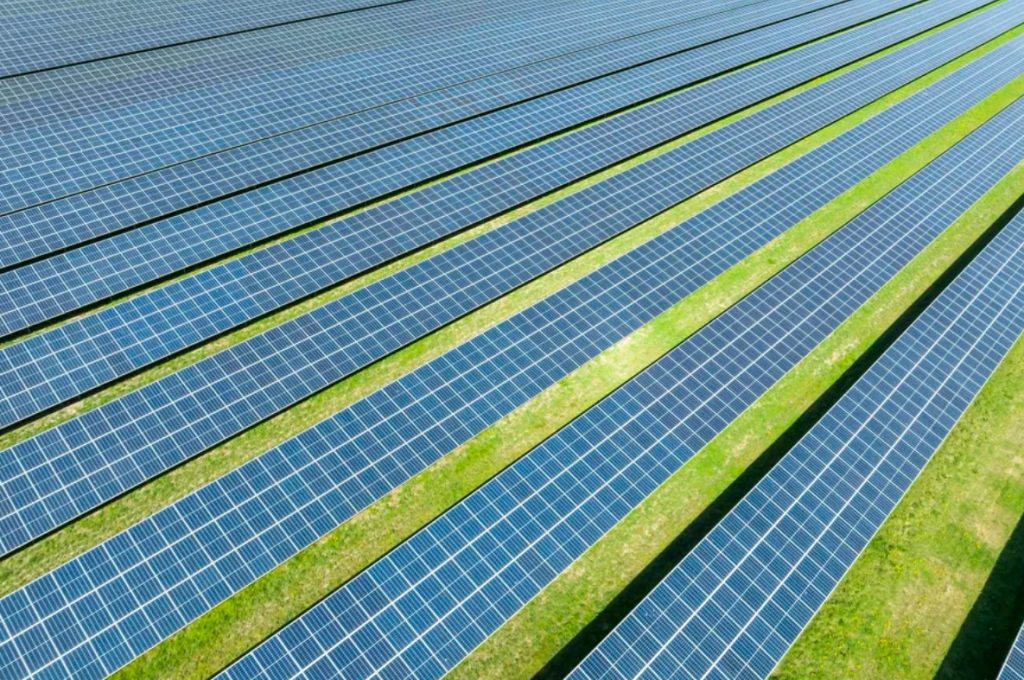
In the coming years, recyclers will hopefully be able to mine billions of dollars worth of materials from discarded solar panels, according to a new analysis published this week. That should ease bottlenecks in the supply chain for solar panels while also making the panels themselves more sustainable.
Right now, most dead solar panels in the US just get shredded or chucked into a landfill. The economics just don’t shake out in recycling’s favor. The value you can squeeze out of a salvaged panel hasn’t been enough to make up for the cost of transporting and recycling it. That’s on track to change, according to the recent analysis by research firm Rystad Energy.
Rystad expects the value of recyclable materials from solar panels to grow exponentially over the next several years, ballooning to $2.7 billion in 2030 from just $170 million this year. That’s thanks to a growing demand for solar coupled with an anticipated pinch in the materials needed to make panels. Technological advancements are also making it easier to extract more valuable materials from old panels, making recycling a sweeter deal financially.
Currently, solar energy makes up just over 3 percent of the global electricity mix. But the world’s energy systems are at the start of a drastic makeover to bring more renewable energy online. To keep the damaging effects of climate change at a more manageable level, the Paris climate accord commits countries to working together to quit releasing greenhouse gas emissions from burning fossil fuels over the next few decades. To hit that goal, solar could account for upwards of 40 percent of the global power supply. It also helps that solar panels have grown super affordable, becoming a cheaper source of electricity than coal or gas in most of the world.
Still, there are some clouds ahead in the otherwise sunny forecast for solar energy. To build more solar panels, you need more materials. Right now, mining and processing those materials are concentrated in a handful of countries. That’s left the solar supply chain vulnerable to disruptions and rife with abuse. The nonprofit Business & Human Rights Resource Centre has documented human rights abuses during the mining of materials used in solar panels. And polysilicon used in solar panels is made through an energy-intensive process that’s been tied to forced labor. Those revelations have led to sanctions on some solar products made in China.
Recycling will play a role in diversifying those supply chains. It might also lessen the toll that mining takes on the environment and on the health of workers and nearby communities.
In the future, more of the materials used to make new solar panels are likely to come from re-hashed panels. Recovered silver, polysilicon, copper, and aluminum can fetch the most cash on the recycling market, according to Rystad. Unfortunately, today, silver and solar-grade silicon usually isn’t separated out with today’s recycling methods. It’s often shredded along with the rest of the panel and sold as crushed glass. Luckily, recycling could soon get more sophisticated, thanks to new research into how to salvage the most valuable stuff inside photovoltaic panels.
Solar started to take off in the 2000s, and with a lifespan of around 25 years — we’re just now approaching the first big wave of discarded solar panels. If it’s treated properly, that trash could become treasure.





























